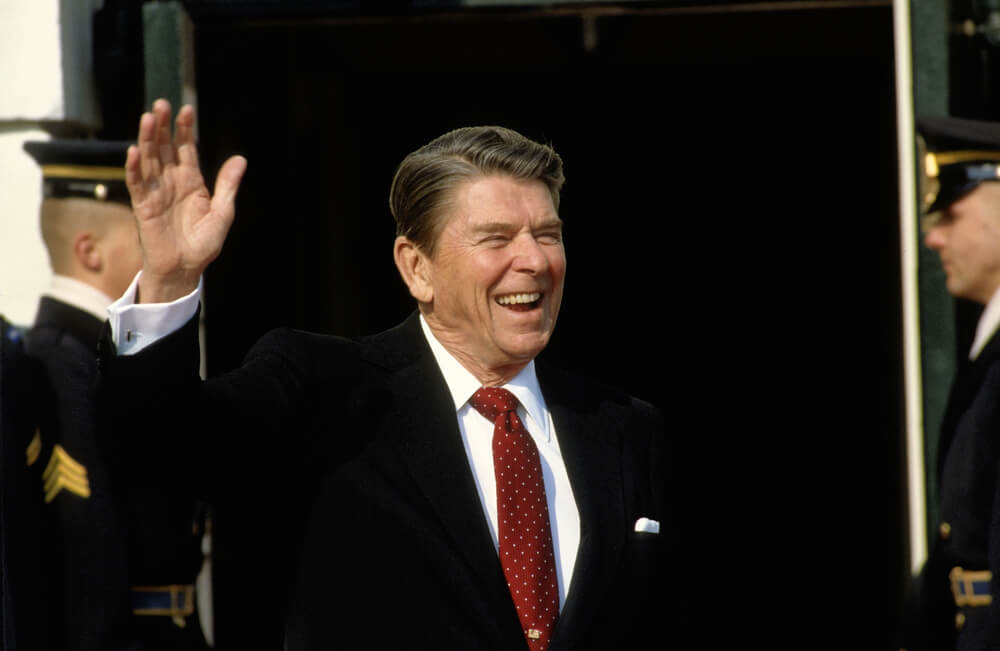On October 14, 1982, U.S. President Ronald Reagan resolved to put an end to rampant drug abuse. He deemed the use of illicit drugs a threat to national security. While he was not the first president to concern himself with the issue of substance abuse (before him, Nixon had also earned a reputation for being tough on drugs), Reagan’s presidency marked an unprecedented growth in anti-substance policies.
Public concern surrounding drug use had been increasing nationally for a while. In particular, Reagan sought to eliminate the smoking of “crack,” which was a specific type of cocaine. This created controversy since Reagan’s legislation carried much harsher punishments for possession of “crack” rather than powder-form cocaine, which was more expensive. Critics argued this legislation disproportionately targeted marginalized communities.
Reagan’s notable drug-related policies included the Comprehensive Crime Control Act of 1984, along with the Anti-Drug Abuse Act of 1986. The Comprehensive Crime Control Act increased punishments for possession of cannabis and introduced federal mandatory minimum sentences. The mandatory minimum sentences created harsher penalties for those found in possession of illicit substances. The Anti-Drug Abuse Act established the Office of National Drug Control Policy, concerned with eradicating illegal drugs.
Ronald Reagan did not work alone in the War on Drugs. Other notable leaders include his wife, Nancy Reagan, who spearheaded the “Just Say No” campaign, and Daryl Gates, the Police Chief in L.A.
The War on Drugs resulted in a dramatic increase in the number of people incarcerated for drug-related offenses. The numbers jumped from approximately 50,000 incarcerated for drugs before Reagan to nearly 400,000 after his presidency.

